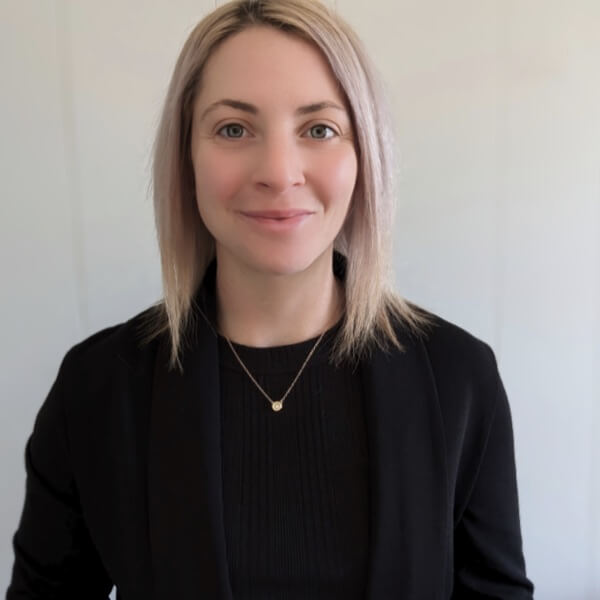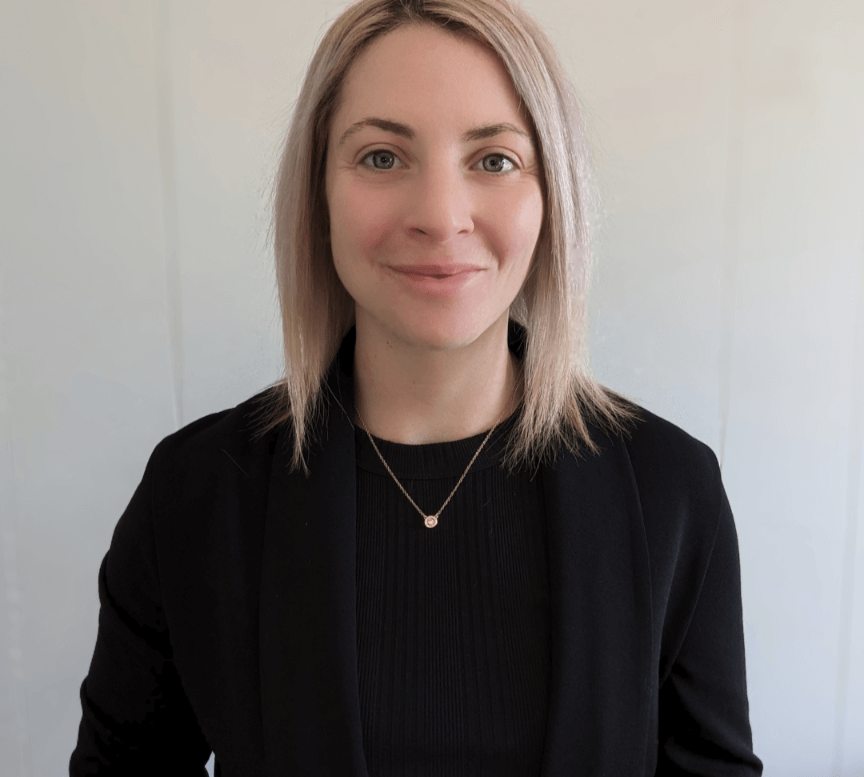A therapist plays a crucial role in eating disorder recovery by providing ongoing support and guidance, monitoring progress, setting treatment goals, and equipping individuals with the tools and strategies needed for eating disorder recovery. It is important to use a multidisciplinary approach in eating disorder recovery and a therapist is an essential member of the treatment team, collaborating with other team members, such as dietitians and family doctors, to ensure comprehensive care.
What is a “Student Therapist”?
A student therapist refers to someone who is studying to become a therapist or counsellor and is typically enrolled in a university counselling, psychology or social work program. As part of their training, student therapists complete relevant coursework, complete external trainings, and facilitate supervised therapy sessions with clients. They work under the guidance and supervision of experienced therapists to develop the necessary skills and knowledge to become professional therapists themselves.
Supervision
Student therapists receive extensive supervision from experienced professionals who guide and oversee their work. This often includes supervision from therapists from within the organization as well as external therapists (often provided through the student’s university program).
Throughout the therapy process, students meet on a regular basis with their direct supervisor. During supervision, the student reviews their caseload in detail, reflects on their work, explores any challenges or ethical dilemmas they may face, and receives guidance and feedback from a more experienced practitioner. Supervision ensures that a high quality of care is being met, promotes self-awareness within the student, and improves clinical skills, translating into benefits for both the therapist and their clients.
Student Therapists at Change Creates Change
At Change Creates Change, students undergo additional supervision by engaging in weekly Clinical Rounds within a multidisciplinary team of both therapists and dietitians. Further, clients and their families are encouraged to ask questions about the student’s training and the supervision process. Transparency and open communication between client and therapist are vital in fostering trust and understanding. Should the client have concerns they wish to discuss away from the student, they are encouraged to contact the student’s direct supervisor (this information is provided during the first session).
Education and Training
Clients can expect to work with students who have completed extensive coursework in counselling theories, techniques, and ethics. While they may not have as much practical experience as fully licensed professionals, they are trained to provide competent and ethical care and are eager to apply their theoretical knowledge and gain practical experience. In addition to general training in counselling, students at Change Creates Change have undergone additional training in Family Based Therapy (FBT), an evidence-based approach in the treatment of eating disorders, as well as additional education provided by the organization.
Receiving Therapy from a Student Therapy
During therapy sessions, clients can expect a non-judgement environment where the student actively listens and engages in therapeutic conversations, just like they would with a licensed therapist. Students may use various therapeutic approaches, depending on their training, to help clients gain insight, cope with challenges, and work towards their goals. Trust is an essential component of the therapeutic relationship, so the student will spend extensive time getting to know the client so they can truly feel comfortable disclosing information.
What to Expect
In the first session, the student therapist will conduct a thorough assessment about the client’s medical history, eating patterns, triggers, and any co-occurring mental health conditions to better understand their unique situation. Just like with a fully licensed therapist, one of the main roles of a student therapist is to support and encourage the client throughout the recovery process.
It is important to note that recovery is carried out at the client’s pace. This means that if a client does not feel ready to set goals or make a specific change, that’s okay! The student is here to support the client throughout the recovery process in whatever way is best for the individual.
In general, clients can expect to learn strategies to challenge negative beliefs about body image and food, identify and manage triggers, set treatment goals specific to the client’s individual needs, and develop more positive thought patterns, behaviours and coping skills.
Pricing
A benefit of working with a student is reduced rates for sessions, which can increase access to therapy and allow clients to have more frequent sessions. The pricing for a 90-minute Initial Eating Disorder Assessment is $170 plus applicable HST. For a 50-minute Psychotherapy Session with a student, the cost is $95 plus applicable HST. If a further reduced fee is needed to allow access to eating disorder care, please contact us at info@changecreateschange.com.
Overall, while students may have less experience than fully licensed professionals, they are still trained to provide valuable support and guidance. Further, the ongoing supervision process ensures that clients receive quality care and that students continue to develop their skills and understanding of counselling practices.

Maria McGrath is a Registered Social Worker who will be taking on a small caseload of clients while she completes her Masters of Social Work degree. Services will be offered at the reduced rate of $95/hour and Maria will be offering afternoon and evening appointments.
Book a free consultation call with us to learn more.


